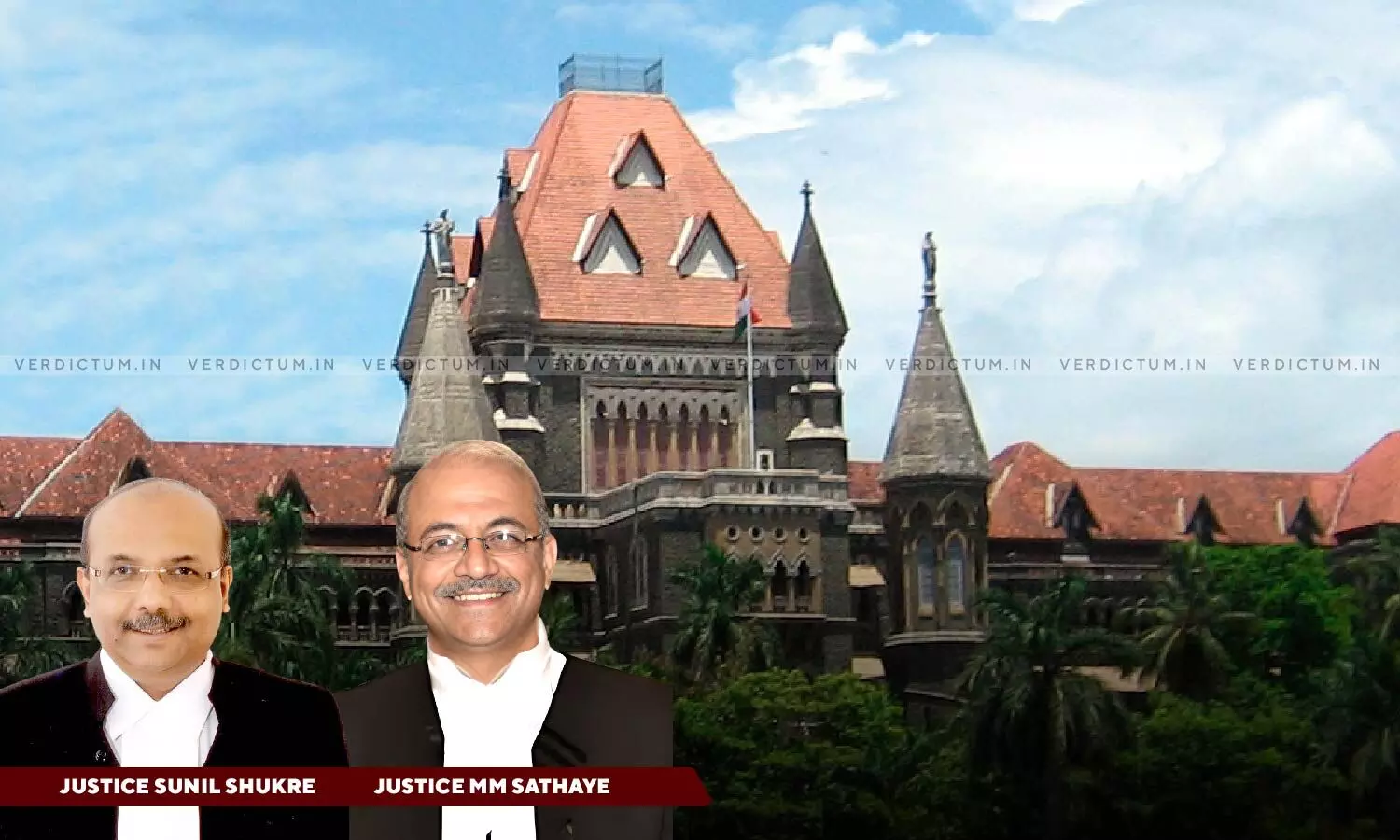
In Sensitive Matters Critical Words Or Dissenting View Must Be Expressed After Proper Analysis Of The Whole Situation: Bombay HC
 |
|The Bombay High Court has observed that in sensitive matters any critical words or dissenting view must be expressed after proper analysis of the whole situation and must provide for the reasons for which the critic or dissent is made.
The Court noted that every word of criticism and every view of dissent is important for maintaining democracy in good state of health. The Court added that such criticism must be upon evaluation of all pros and cons of the situation and backed by reason.
“…in a democratic country like India where there is a fundamental right in the nature of freedom of speech and expression under Article 19, every word of criticism and every view of dissent is important for maintaining democracy in good state of health. But, we may add that at least in sensitive matters any critical words or dissenting view must be expressed after proper analysis of the whole situation and must provide for the reasons for which the critic or dissent is made”, Justice Sunil B. Shukre and Justice M.M. Sathaye remarked.
The Court made this observation while dealing with the plea filed by a college professor against whom an FIR was registered for putting whatsapp status over abrogation of Article 370 stating “5th August is a black day for Jammu & Kashmir”
It is alleged that the petitioner created whatsapp status giving two messages namely; (1) August 5 Black Day Jammu & Kashmir and (2) 14th August Happy Independence Day Pakistan. It is further alleged that below the first message displayed as status of the petitioner on whatsapp application in petitioner’s handset was written “Article 370 was abrogated, we are not happy”
Advocate Karim Pathan appeared for the Petitioner and APP J.P. Yagnik appeared for the State.
The Court observed that the message celebrating independence day of Pakistan would not be covered by Section 153-A of the IPC.
“…we do not think that the message would be covered by Section 153-A of the IPC as no reasonable person with strong mind would see anything wrong in celebrating Independence Day of other countries without denouncing celebration of Independence Day of ones own country, which is the case here.”, the Court observed.
The Court added however the first message “August 5 Black Day Jammu & Kashmir” posted on the whatsapp application by the petitioner is, without giving any reason and without making any critical analysis of the step taken by the Central Government towards abrogation of Article 370 of the Constitution.
“In our view, this message has the tendency to play with emotions of different groups of people in India as there are strong feelings of contrasting nature about status of Jammu and Kashmir in India and, therefore, one has to tread cautiously in such a field, lest the emotions may reach up to such a level as to bring about consequences or reasonable possibility of consequences visiting as envisaged in Section 153-A of IPC”, the Court said.
The Court held that the whatsapp status in question prima-facie constitutes the offence under Section 153-A of IPC. Accordingly, the plea was dismissed.
Cause Title- Javed Ahmed Hajam v. State of Maharashtra
Click here to read/download Order